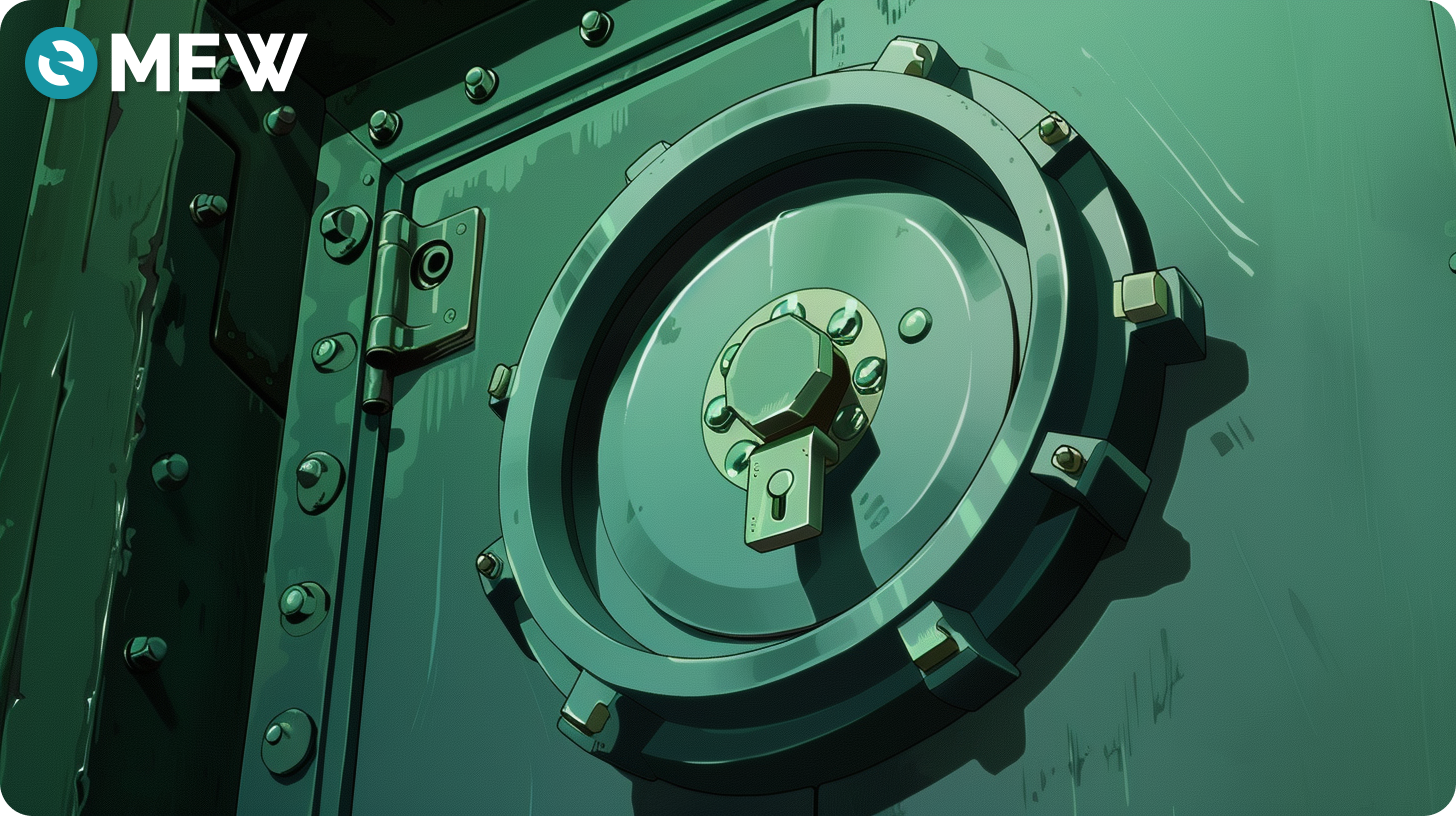Self custody of crypto assets gives users full control over their crypto, mitigates risks posed by centralized points of failure, makes the entire crypto space more secure, promotes privacy and decentralization, and empowers individuals to pursue financial independence.
New users entering crypto are immediately faced with an important choice: how they are going to get their first crypto, and where they will hold and manage it. This is referred to as ‘onboarding’ in the crypto space, and it is a crucial moment in every crypto user’s journey.
Today, there are more choices than ever for onboarding into crypto – from popular payment apps like PayPal and Venmo, to big centralized exchanges like Coinbase and Robinhood, to dozens of crypto wallet apps and browser extensions.
All the wallet options can be overwhelming, but it helps to remember that the BIGGEST wallet differentiator is whether it’s custodial or self custodial (also referred to as noncustodial). Self custody of crypto assets makes a huge difference not only to the individual holders of crypto, but to the crypto space as a whole.
What is self custody
When we talk about assets, self custody means that you, yourSELF, are responsible for holding the assets and keeping them secure.
In traditional financial settings like banks, exchanges, and stock markets, the institutions have custody of all their clients’ assets. They accept deposits or payments from users, and then credit the accounts. After that, the account displays that a user has a certain amount of funds, but the actual assets are now being handled by the institution. The account balance is essentially an IOU.
Self custody works differently. Your assets always remain in your control. Nobody is managing your account or monitoring your transactions. Your balance on the blockchain is the actual crypto itself, not a ‘promise’ a bank makes while lending your actual assets out or using them for their own financial operations. You can buy, sell, move, or withdraw them at any time – your wallet and the crypto market are open 24/7, and you don’t need anyone’s permission.
You can lend your own crypto out, and it will always be your decision on what terms you want to do that and when you want to get those assets back. You can borrow crypto, and choose the best terms from the thousands of decentralized financial applications available on web3, unconstrained by what your nearest bank branch can offer.
What are self custodial wallets
Self custodial wallets are applications that allow you to set up direct access to the blockchain and give you, and only you, the key to managing those assets.
Sounds complicated, but that’s why self custodial wallets exist – to make it easy. With a wallet like MEW or Enkrypt, taking self custody of your crypto is as simple as installing the app or the browser extension, and writing down a phrase (known as a recovery phrase, seed phrase, or mnemonic phrase).
The hard part is keeping this phrase safe. The best way is to store a physical copy in a location only you know, but which is easily accessible to you, and never put it anywhere near the internet. This phrase will allow you to access your crypto on the blockchain at any time, from many different applications, from anywhere in the world. You don’t have to worry about your phone dying or the company that created your wallet going out of business.
A self custodial wallet is very different from a bank, a payments app, or an exchange. It’s not just another account. It’s an entirely new way of managing assets.
Why should you self custody crypto
Using a self custodial wallet over a centralized exchange or platform is a personal choice for every crypto holder, but it also affects the entire crypto community and the future of decentralized finance.
Self custody and security
For many people, security is the most important aspect of asset management. So – are self custody wallets safe?
When you use a self custodial wallet, you are in full control of your security. Nobody else can use your assets. If an exchange like FTX turns out to be involved in fraudulent dealings, steals your crypto, or goes bankrupt, self custodial wallets are unaffected. If a bank becomes insolvent and freezes your account, self custodial wallets are unaffected.
This also means that if you compromise your phrase, someone else can access your crypto. It’s a matter of learning about best practices, and trusting yourself versus trusting banks or exchanges where others are in control. As more users choose self custody, the entire crypto space will become less susceptible to loss of funds through failures of big centralized platforms. This can make the space more welcoming and encourage adoption.
Self custody and privacy
Self custodial wallets don’t collect personal information – not even your name or email. Wallet creation takes seconds, and you can transact immediately, without filling out any forms. Because of this, self custodial wallets can’t sell your information, target you with advertisements, or connect your activity with who you are. They don’t have access to your wallet, and can’t freeze your balance or block you from transacting.
When we examine today’s internet and the many applications we use daily, this approach to privacy is quite unique. More and more, you need to make an account and provide an email address just to browse, order food, or even LOOK at the features an app provides.
Greater user support for self custody may help slow down or reverse the trend toward the constant collection and sale of our information online. Not all online interactions are made better by user anonymity, but the key is having autonomy and choice when it comes to your data.
Self custody and innovation
Before blockchain technology and the science of cryptography were combined to create the first cryptocurrency Bitcoin, the only way to monitor payments was through centralized institutions like banks.
With crypto, the blockchain ensures that there is no double spending and that all balances are correct. You don’t need a central authority overseeing the process and giving permissions to users. That’s why self custodial crypto wallets are not just another way to create a bank account – they are fundamentally different.
Centralized crypto exchanges and payment apps are actually not that different from traditional finance, or from banks – they are more of the same. However, most members of the crypto community are here to build a new way of transacting with data and value. You may not believe that Bitcoin will go to the moon or that NFTs are anything more than expensive jpegs, but if you want to support the kind of technological innovation that has the potential to improve the quality of human life, self custody is the way to go.
Looking for your first self custody wallet? Give MEW wallet app or Enkrypt browser extension a try!

